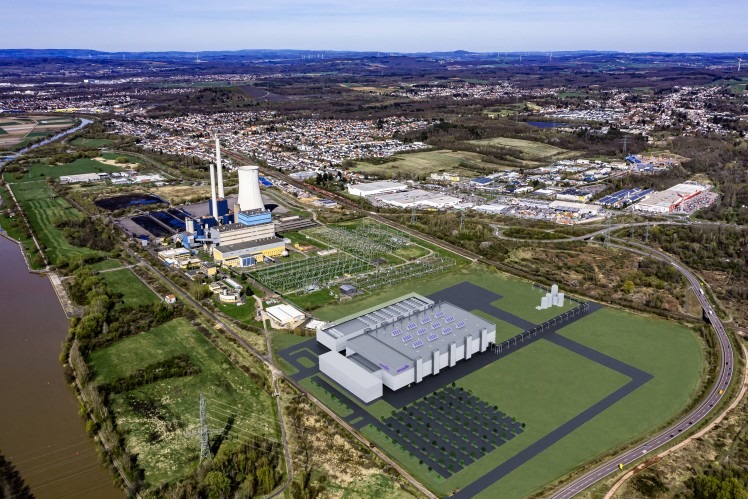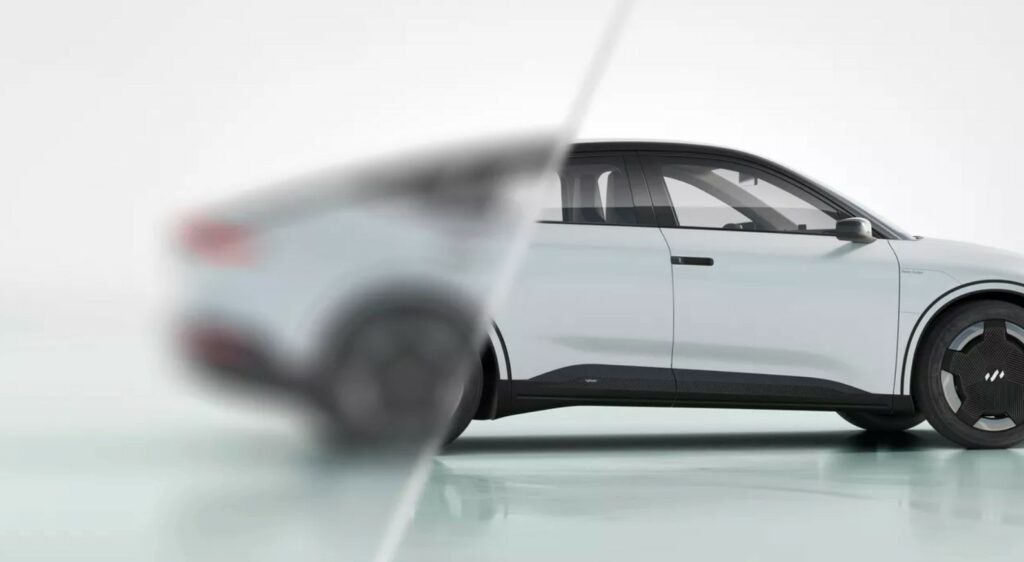How Europe hopes to counteract the semiconductor shortage
13 February 2023

Carmakers have been disrupted over the past three years as they faced forces beyond their control. The COVID-19 pandemic brought with it a semiconductor shortage and production stoppages, with high inflation rates and rising raw-material prices adding to the turmoil.
Supply issues have severely impacted the automotive industry, and many still wonder how long the semiconductor shortage will continue. The European Semiconductor Industry Association (ESIA) expects the worldwide semiconductor market to decline 4.1% in 2023 after growing 4.4% in 2022.
Europe’s largest carmaker, Volkswagen (VW) Group, warned that 2023 will be yet another challenging year due to the ongoing chip crunch. VW brand Skoda had to temporarily lower production and adjust shifts last month because of the semiconductor deficit.
‘As the market remains volatile, we anticipate potential problems with semiconductor technologies specific to the automotive industry. We are therefore exercising great caution and thoroughly analysing the overall situation,’ the carmaker told Autovista24.
‘Given that the number of chips in cars is constantly increasing with the advancing electrification of vehicles and the rise of connectivity services, the issue of semiconductor sourcing will remain relevant over the coming years. Semiconductor manufacturers are investing in new production facilities, and we are working alongside them and our direct suppliers to secure supplies in the long term.’
Demand to triple
To help ease bottlenecks, VW recently signed a deal with US supplier Onsemi to provide modules and semiconductors. The agreement will offer a complete electric-vehicle (EV) traction inverter solution for VW. Onsemi explained that the semiconductors are part of an overall system optimisation that will support the front and rear traction inverters in VW models.
Manufacturers are eager to snap up semiconductor deals as demand is predicted to increase. German car body VDA reiterated this message in a recent study, which projects semiconductor demand in the automotive industry will triple by 2030.
The association urged that suitable measures are needed to improve supply, warning of significant production losses if Europe fails to act. It highlighted that the chip shortage led to a 9% decline in global car production in 2021. This figure could rise to 20% by 2026 if no action is taken.
‘Europe must now invest in the production of automotive-related chips and ramp up production,’ said VDA president Hildegard Müller. ‘This is the only way to minimise dependence on Asia for semiconductors and strengthen the resilience of the German and European automotive industry.’
EU Chips Act
Europe’s planned Chips Act is crucial here and earlier this year members of parliament backed plans to secure local supplies of chips. The aim is to bolster production and set up emergency measures to prevent shortages.
The EU is intent on increasing investments to develop a more robust semiconductor hub in Europe. Overall, the Chips Act will make €43 billion of public and private investments available, with the goal of more than doubling the EU’s share of global chip production from 9% to 20% by 2030.
While Europe wants to build a more robust supply chain, it still recognises the importance of international cooperation. This includes countries such as the US, Japan, South Korea, and Taiwan – all of which are among the top five semiconductor producers globally. The Commission is eager to create what it dubs a ‘chips diplomacy initiative’ to address supply-chain disruptions in the future.
‘We want the EU Chips Act to establish Europe as an important player in the global semiconductors arena,’ said rapporteur on the Chips Act, Dan Nica. ‘Our goal is to ensure growth in Europe, prepare for future challenges and have in place the right mechanisms for future crises.’
European chips
The global semiconductor market is worth more than €500 billion, and while Europe’s share accounts for less than 10%, several semiconductor projects are in the works to boost the region’s supply chain.
One major player on the continent is STMicroelectronics, a company that has a strong European research, development, and manufacturing footprint. The Swiss firm operates several facilities in the region, including in Italy and France.
Last year, it received a €600 million loan from the European Investment Bank to support the group’s research, development, and pre-industrialisation activities in Europe. The investment is an example of how the EU is boosting the competitiveness of local companies in the semiconductor industry sector to accelerate the production of chips in the region.
Another semiconductor company planning to expand in Europe is Germany-based Infineon. The supplier wants to build a new semiconductor factory in Dresden, planning a €5 billion investment. Production at the new site is likely to start by 2026, but Infineon points out that the plans are still subject to adequate public funding through the European Chips Act.
Infineon told Autovista24 that the site ‘would be the largest single investment ever in the history of our company.’ It added that demand from end-markets like automotive, industrial and renewables remains strong.
‘On balance, we expect the positive market momentum to continue in the long term: Decarbonisation and digitalisation will strongly drive structural semiconductor demand and therefore sustainable growth for Infineon,’ the company said. But it cautioned that ‘medium-term demand from our customers far exceeds our current 300-millimetre clean room capacities, which will be exhausted by the middle of the decade.’
Luring in international players
US tech giant Intel is also betting on EU funding, with plans for a semiconductor ‘mega-site’ in Germany. This proves that Europe – and Germany in particular – remains an attractive market for international semiconductor companies.

This was highlighted at the beginning of February when US chip maker, Wolfspeed, announced plans to build the world’s largest silicon carbide manufacturing facility in Germany. The silicon carbide semiconductors will be used in EVs, helping to increase range.
Wolfspeed recently inked a supply deal with Mercedes-Benz, and partnered with German automotive supplier ZF to create a joint innovation lab. ZF will make a sizable financial investment in the site, running ‘in the hundreds of millions of dollars.’
It will be Wolfspeed’s first chip factory in Europe and as such, it is heavily reliant on state aid approval from the European Commission. The plant will serve as another building block for securing automotive supply chains in Europe and sends a strong signal to both European and international companies looking to expand in the region.
Industry associations have warned about Europe’s competitive disadvantage since US President Joe Biden last year announced the ‘Inflation Reduction Act’, a $370 billion (€343 billion) funding programme aimed at boosting climate-friendly technology.
There are still concerns that the US could snap up lucrative projects from European companies but Wolfspeed – an American company – planning to invest in Europe is seen as a positive sign. Europe has no choice but to revitalise its semiconductor industry and while there is no quick fix, viable solutions are on the way.



